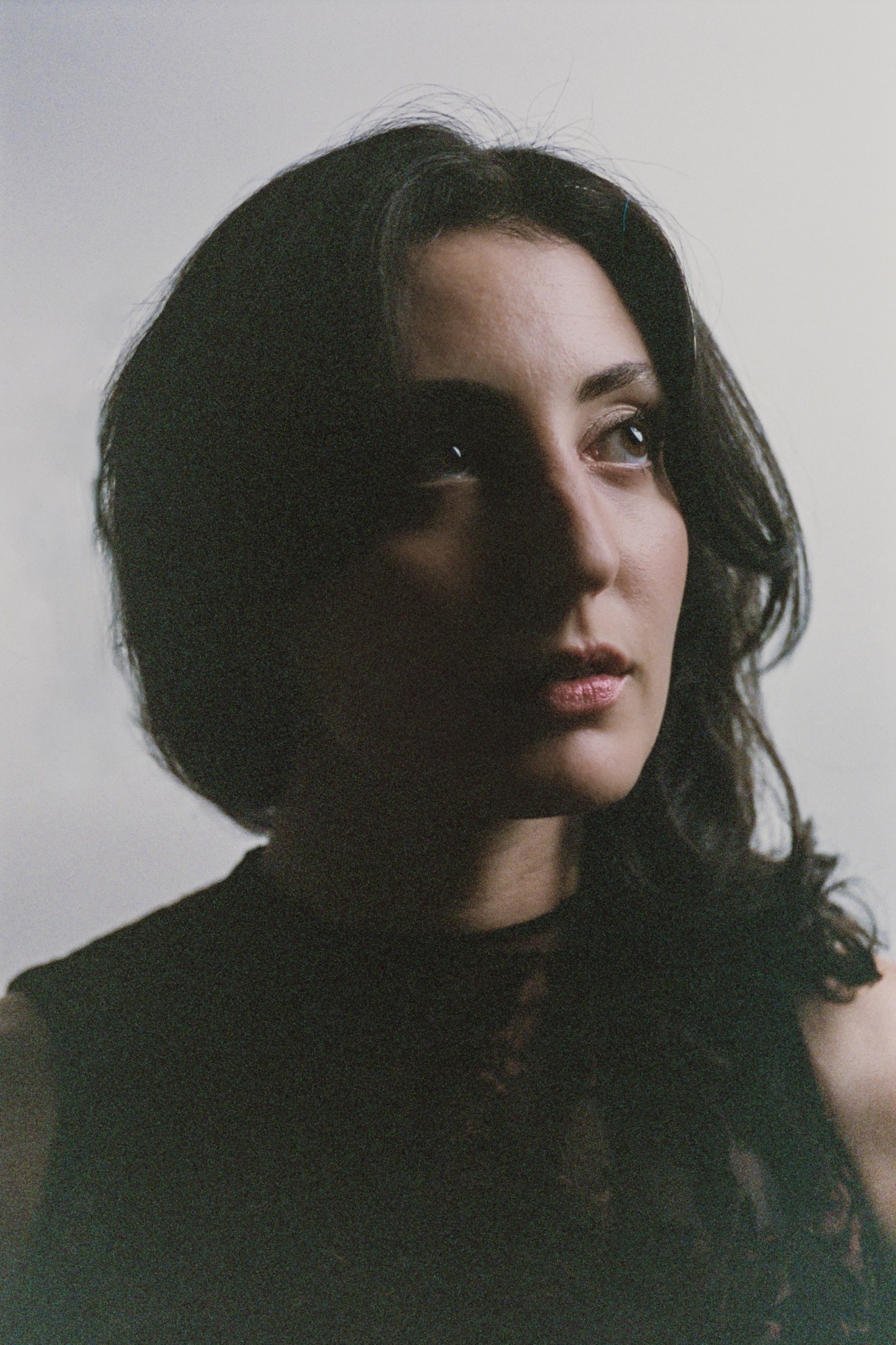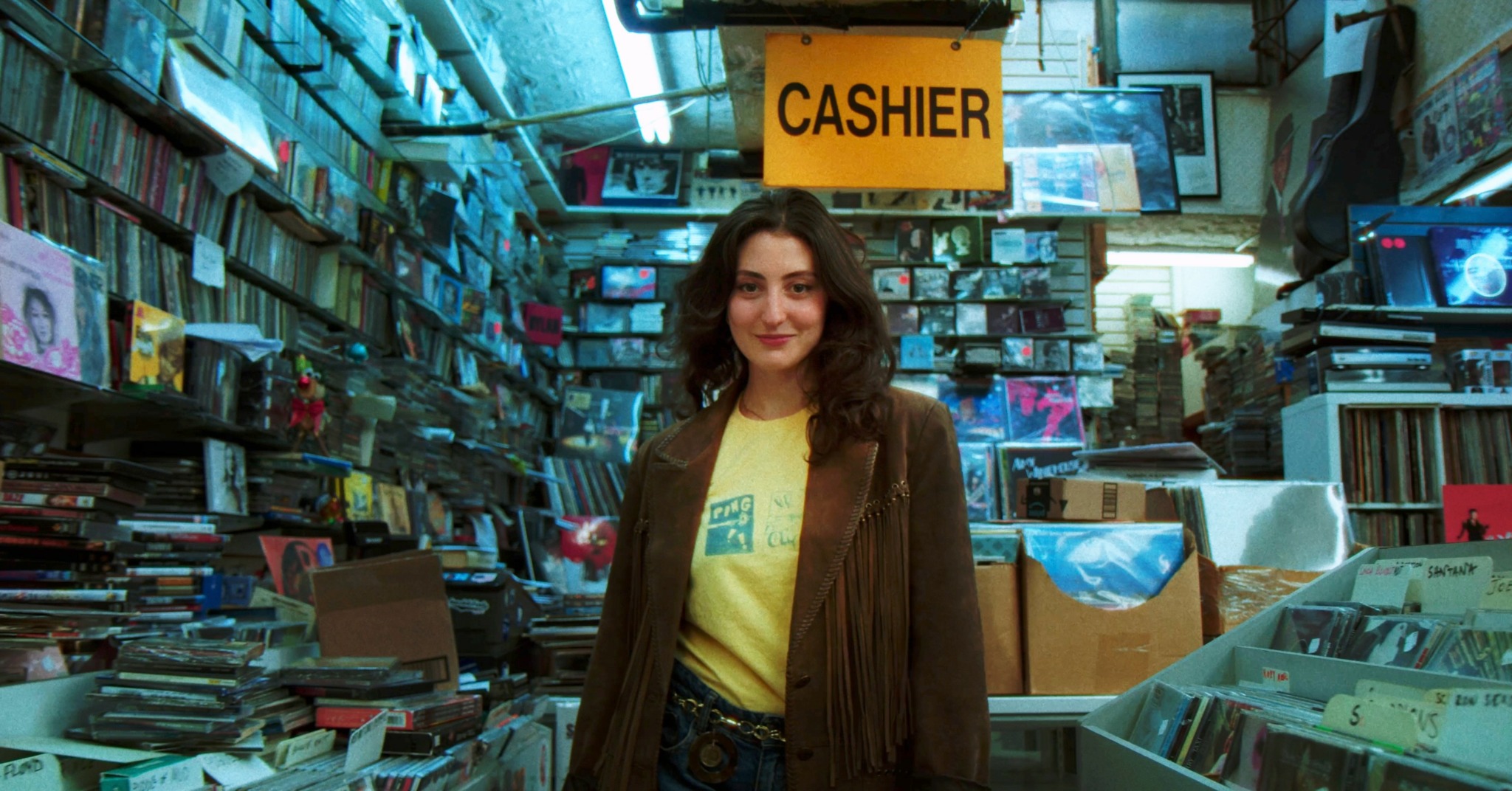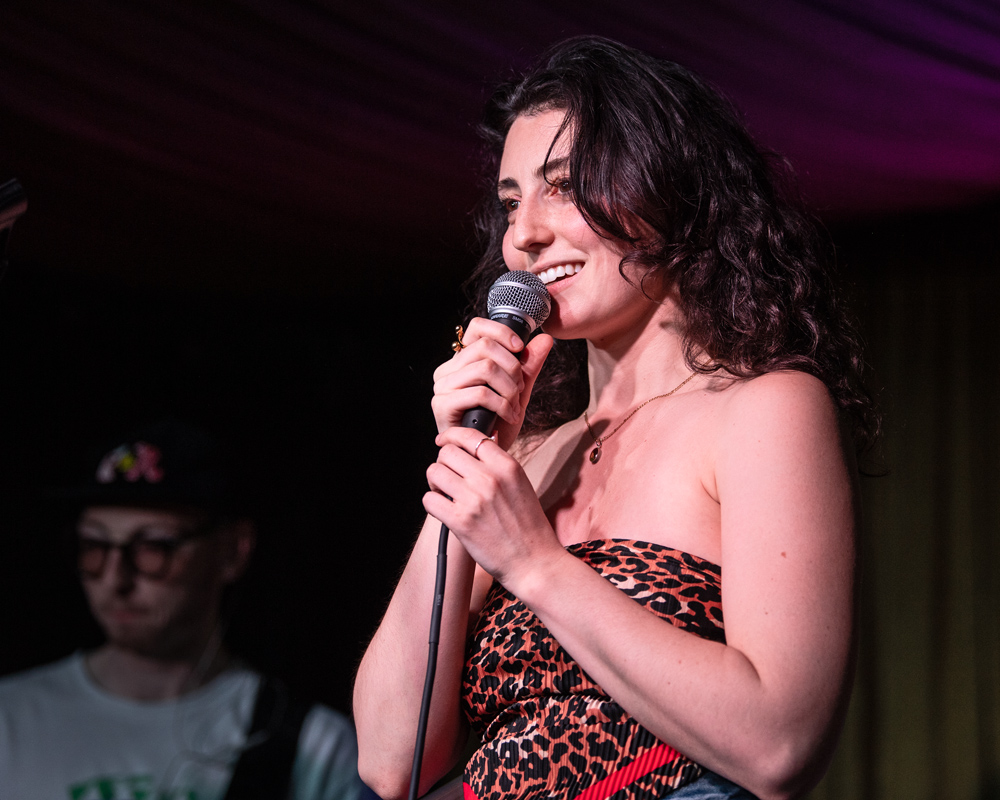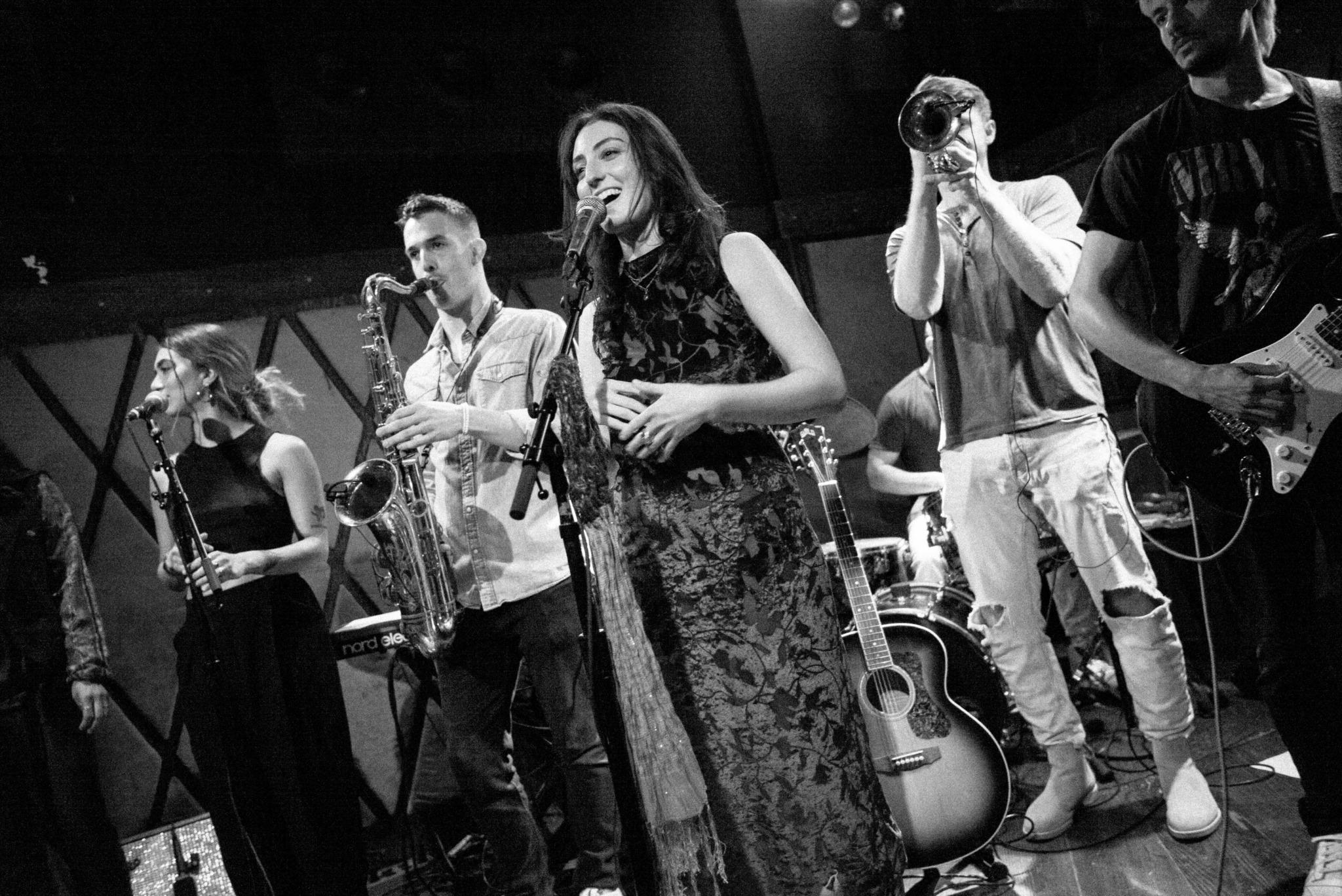We were lucky to catch up with Rachel Lieberman recently and have shared our conversation below.
Rachel, thanks for taking the time to share your stories with us today Did you always know you wanted to pursue a creative or artistic career? When did you first know?
I realized I wanted to pursue a creative/artistic path professionally much later in life. I always loved music, but I was resigned that music would be a hobby. My high school poured most of its funding into musical theatre and jazz band, which wasn’t for me. Instead, I secretly recorded covers on Photobooth and posted them to YouTube or Facebook, and found friends to play in bands at local restaurants around my hometown. I applied to 2 music schools, NYU and USC. But when I got the call I hadn’t gotten into either school, I knew college was going to be about getting a bachelor’s degree. So, I went to the University of Texas at Austin for business. I loved music, but up until then, I had not found an outlet to grow my abilities.
However, when I got to the University, my mom was deadset on finding a music program that worked for me. On my first day, she scoured the music school looking for any signs that led me to an a cappella group. But what she did find was even better: she completely altered my history. She discovered a flier advertising an Ensemble group named “109”. It was run by the head of the small yet mighty popular music program at the Butler School. I reached out to the professor, Gary, and scheduled an audition. When I met Gary, he was unlike anyone I had ever met. He was about 60 years old, with whispy white hair circling his head like a galaxy. When he spoke it was a mix of smooth southern twang and molasses. He was the funniest man I’d ever met and had the charisma of a 20-year-old boy, hopping around from chair to chair and running up to ask me questions. He played the piano like a savant.
With unanimous consent from the judges, I unanimously was admitted into Ensemble 109. That was the first day anyone had ever told me I was worthwhile in the musical world. That was the first day someone ever believed in my greater abilities as a singer and a musician. That was the day Gary not only became my musical mentor, but one of my closest friends. He told me I had to keep going, he told me I had to see this through. From that point onward, as an 18-year-old girl starting my freshman year of college, I decided I wanted to pursue music professionally.

Rachel, love having you share your insights with us. Before we ask you more questions, maybe you can take a moment to introduce yourself to our readers who might have missed our earlier conversations?
My introduction to the industry began in college. I was born on the East Coast in Fairfield, CT. I didn’t seriously pursue music until I went to The University of Texas at Austin and found my mentor, Gary. Once I graduated in 2018, I got a job at a music distribution service. I worked there for 1.5 years after hours working on my debut EP in my friend’s studio. At the beginning of 2020, I decided I would dedicate my life to my craft so I quit the distribution service and released my EP in September of 2020. From that point on, I was gigging throughout the city. I was playing to the streets outside Cafe Wha? as well as busking back in Connecticut. Since then, I’ve been on Jimmy Fallon’s Tonight Show, I was selected to be on NPR Tiny Desk’s Top Shelf Segment, I sang the national anthem at a sold-out Ranger’s game, I was a 2024 Official SXSW Artist, and I’ve performed at Bowery Ballroom, Brooklyn Bowl, Mercury Lounge, Baby’s All Right, and more.

What’s a lesson you had to unlearn and what’s the backstory?
I think the greatest lesson I had to unlearn is that no one from the music industry is going to pluck you out, sign you, and change your life irrevocably for the better. I was always under the impression some middle-aged man, not all that different from Rick Rubin, would discover me in the NY scene, take me under his wing, and develop me until I was selling out stadiums 5-10 years later. It’s not that I thought I was better than anyone else, it’s just simply the romanticized story society likes to tell about the music industry. In the 4-5 years I’ve been pursuing music, I’ve learned it’s crucial to do everything yourself: to understand how to shoot your own music video, to promote your own music, and to book your own gig. Because, unfortunately, no one is going to save you but yourself. I remember for my Tiny Desk submission in 2023, we were running on a budget of about $300-400. One of my best friends from high school, who is an incredible cinematographer, suggested we could film it in his 600-square-foot apartment. I promised 8 other musicians 3 large pizzas if they could dedicate a few hours on a weekday evening to come in and record my submission. I promised my engineer extra slices of pizza to set up the recording. My artist project made the top 36 out of 6,000 submissions on Tiny Desk that year. You don’t need a monetary army or a label to back you. You just need an incredible foundation and team, a vision, and the willpower to execute it yourself!

Do you think there is something that non-creatives might struggle to understand about your journey as a creative? Maybe you can shed some light?
I think the one thing non-creatives will struggle to understand my journey as a creative is success takes on a lot of different shapes and sizes. Most of my family measures my success in definable milestones. They don’t measure my success by writing a good song. They measure my success by what gig I got, what venue I performed at, or how many streams my song has. It makes sense that most people measure success that way because most of the corporate world is measured in definable goals: how many emails have you sent out, how many new clients have you acquired, how much have you earned this quarter? I’ve had to alter my way of thinking because of this. But, I am now starting to look at success in a much different way. I believe all musicians think they are special (and a little bit crazy), or else why would they subject themselves to such judgment and rejection day in and day out? But, I think success, for me, no longer looks like playing at the largest possible venue. It looks like having a family and being able to pursue what I love. It means making a livable wage off my music while getting to enjoy my life too. It means touring but at venues that are supportive and don’t have hidden fees. Success means having a community of people I love. It means understanding I have to make some sacrifices to pursue what I love. Success takes on many different forms as a musician, and being creative is a lifelong journey. There is no one point in my career where I will have “made it”. So, I must alter what I consider to be “successful” in the music industry. I think non-creatives will find it difficult to track what my “success” is, but as long as I am happy and fulfilled, that’s all that matters.
Contact Info:
- Website: https://www.rachelrose-music.com
- Instagram: https://www.instagram.com/rachelrosenyc/
- Facebook: https://www.facebook.com/rachelrosenyc
- Twitter: https://twitter.com/rachelrosenyc
- Youtube: https://www.youtube.com/channel/UCw9eTTInQKIlW9qEkMVIXOw
- Soundcloud: https://soundcloud.com/rachelrose-music

Image Credits
Alex Brown – photographer
Julian Brooks – Cinematographer
Caroline Safran – photographer


